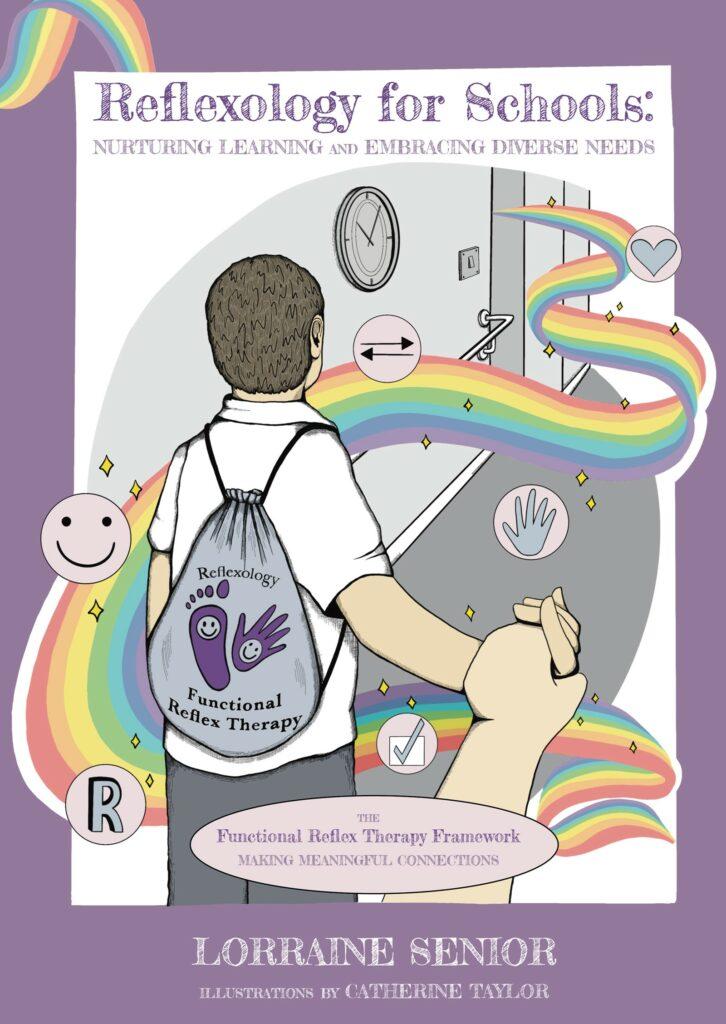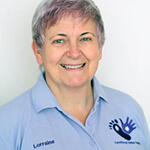Whether you are an established reflexologist looking to diversify, adding new skills to your existing practice, or a more newly qualified reflexologist looking to develop new ideas or focus your interests and explore new avenues, there are so many opportunities.
Through my journey, transitioning from a classroom teacher to introducing reflexology to young people over the past twelve years, I have discovered one such new pathway, being the profound impact reflexology can have on their emotional well-being during the school day.
While prior teaching experience is not a prerequisite, (passion and commitment is) understanding the school environment’s dynamics, communication methods, and guidelines can really help to boost your confidence and to feel comfortable. You may consider volunteering in classrooms beforehand, even for a brief period can provide valuable insights, and help your effectiveness.
There is a real value we offer as reflexologists, and we play a vital role in the multi-disciplinary team, not just for individuals we invite to the therapy room, but we positively influence the whole school community.
When a young person feels better in themselves and returns to the classroom in a good frame of mind it can extend to the atmosphere within the classroom, and your support is available for staff, parents, and carers.
If this is a pathway you would like to explore, but you are unsure where to start, I have put some bullet points and questions together for you to consider. I hope they offer a little guidance.
Clarity
- Know the unique value your reflexology offers to the school.
- Prepare clear documentation to show why the school will benefit from your therapy service. A professional package really lifts respect.
Emphasize
- How your sessions can support the emotional wellbeing of young people.
- The primary intention, such as reducing anxiety, promoting relaxation and the many benefits this brings, helps the receiver to be in a better frame of mind.
- The impact that stress and anxiety may have on learning, coping, and managing in the classroom.
Document How You Would
- Work as part of the multi-disciplinary team.
- Collect information to help you to respectfully recognise there are diverse needs and how you may tailor your approach.
Small Adaptations
- Ask yourself what adaptations, even if they are very small, could make a significant impact. E.g. your approach, your voice, the amount of information you provide, method of communication and the delivery of your reflexology.
Drawing on my experience in school and with contributions from reflexologists in other schools who support their work with the Functional Reflex Therapy Framework, I have created a book, written primarily for the reflexologist, but also for headteachers who may be seeking an innovative therapy to support the emotional wellbeing of their young people.
It features real-life stories, where the reader is guided through the process, approach, observations, values, and impact that the holistic session can bring. I hope it encourages many questions and opens much discussion, as it also shares the vision where every school throughout the world is supported by a qualified reflexologist.
Have you considered providing reflexology in a school setting?

Book Cover Image: Copyrighted and owned by Lorraine Senior.
Article Photograph Credit: Asal Lotfi via Unsplash.
At the time of writing the article Lorraine Senior founder of Functional Reflex Therapy is a paid member of the Love Reflexology Directory.
Founder of Functional Reflex Therapy (FRT), Lorraine is a qualified teacher, with over 20 years of experience working within the education system, a published author and recipient of prestigious awards, including the AoR Excellence Award for Innovation in Reflexology, FHT Tutor of the Year and the ICR Humanitarian Award for the FRT Global project work in Zambia.
Lorraine has drawn from her many years in the education environment as a teacher and reflexologist to create the Functional Reflex Therapy Framework and its supportive pathways.
FHT and AoR approved in-person CPD training for reflexologists seeking to expand their skills are available, more information on the FRT website.

